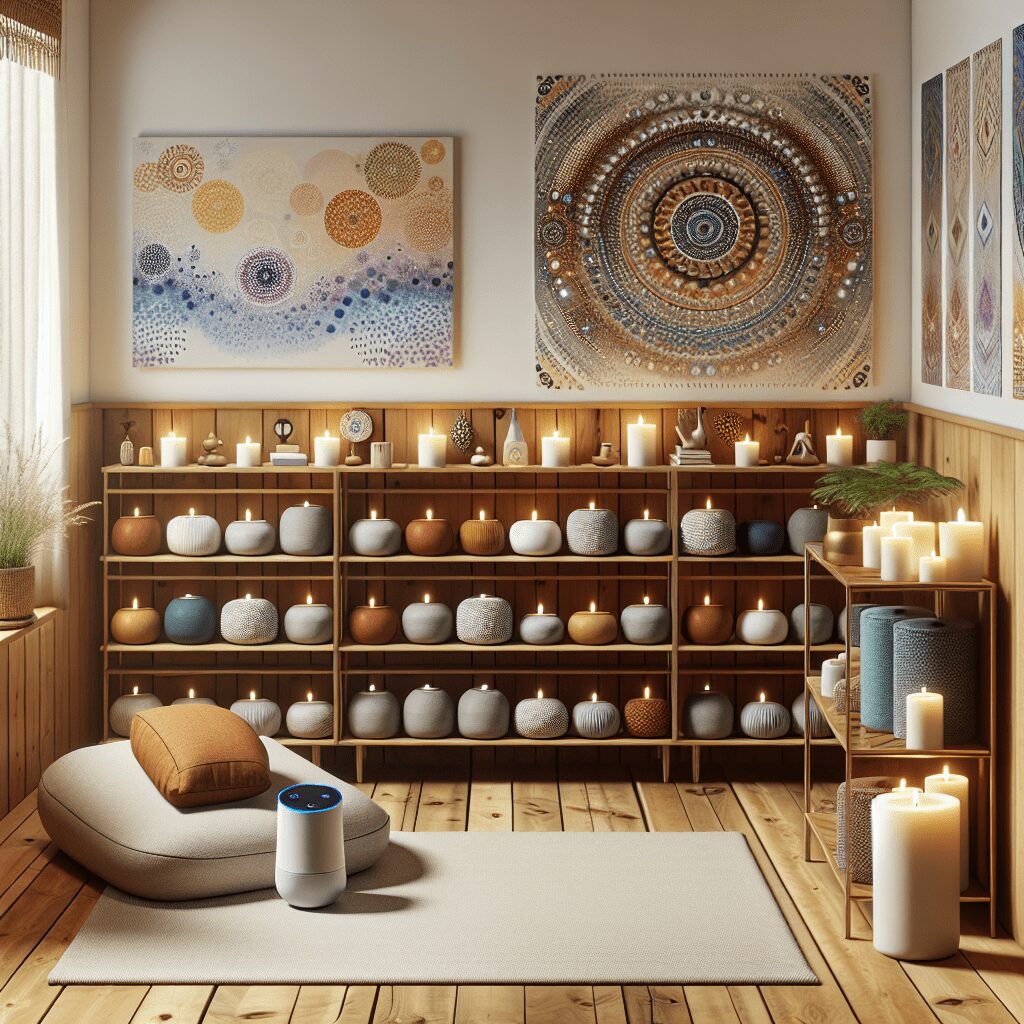
Prioritize your mental well-being daily. Enhance your life by nurturing your mental health with the Smart Meditation app. Break free from stress, alleviate anxiety, and enhance your sleep quality starting today.
Does Alcohol Help Anxiety?
Unraveling the Myths: Does Alcohol Soothe Anxiety?
In a society where a glass of wine to unwind after a long day has become almost a rite of passage, it’s high time we dive deep into the heart of a question that’s been on many a mind: Does alcohol truly help with anxiety? From casual conversations at dinner parties to the inundation of imagery on social media, the message often seems clear – a little tipple is just the ticket to calming those nerves. But, is there more to this story than meets the eye? Let’s uncork the facts and sift through the science to uncover the tangled truth behind alcohol and anxiety.
The Dual Faces of Alcohol: Temporary Relief but Long-term Aggravation
Let’s get straight to the nitty-gritty. On the surface, reaching for a drink might seem like a quick fix. You feel tense, you sip some spirits, and voilà – you’re suddenly feeling more relaxed, right? Well, not so fast. This narrative, while enticing, is a bit like a mirage in a desert.
Immediate Effects: A False Sense of Security
Alcohol, by its very nature, is a central nervous system depressant. This means that initially, it can indeed produce feelings of relaxation and euphoria, making it seem like a panacea for anxiety. You’re not imagining things; there is a biochemical basis for that temporary relief. The catch? It’s as fleeting as it is enticing.
As alcohol interacts with the brain, it boosts the production of certain chemicals like dopamine and gamma-aminobutyric acid (GABA), which contribute to that short-lived soothing effect. However, herein lies the rub – this is merely a temporary band-aid, not a solution.
The Backlash: Waking up to Heightened Anxiety
The morning after tells a different tale, often in stark contrast to the night before. As the soothing effects wear off, the body experiences a sort of biochemical recoil, a backlash that can exacerbate feelings of anxiety and stress. This is because, as alcohol leaves the system, there’s a spike in the levels of adrenaline and cortisol, hormones that are synonymous with stress and anxiety. Suddenly, that quick fix doesn’t seem quite so appealing.
Moreover, habitually reaching for alcohol as a coping mechanism can spiral into a vicious cycle. Over time, reliance on alcohol can lead to tolerance, meaning you’ll need more of it to achieve the same calming effect. This can set the stage for dependency and a whole host of other health complications, mental and physical alike.
So, What’s the Verdict?
Bottom line? While it might seem like alcohol lends a helping hand in the battle against anxiety, it’s more akin to putting a Band-Aid on a wound that requires stitches. The temporary relief might be tempting, but it’s a mirage that fades, leaving in its wake a potential for increased anxiety and dependency.
Alternatives for Anxiety Management
So, if not alcohol, then what? Here are a few healthier alternatives that can genuinely contribute to managing anxiety in the long run:
- Mindful Meditation: Engaging in mindful practices can help center your thoughts and reduce anxiety.
- Exercise: Regular physical activity is a proven stress reducer and can uplift your mood.
- Seek Professional Help: Never underestimate the importance of professional guidance. Therapists and counselors can provide strategies and support for dealing with anxiety.
In conclusion, while the allure of alcohol as an anxiety remedy is undeniable, it’s a siren song best avoided. Opting for healthier, more sustainable methods of managing anxiety not only promises better long-term results but also spares you the potential pitfalls of alcohol-related complications. Remember, dealing with anxiety is more about running a marathon, not a sprint; slow and steady wins the race.





